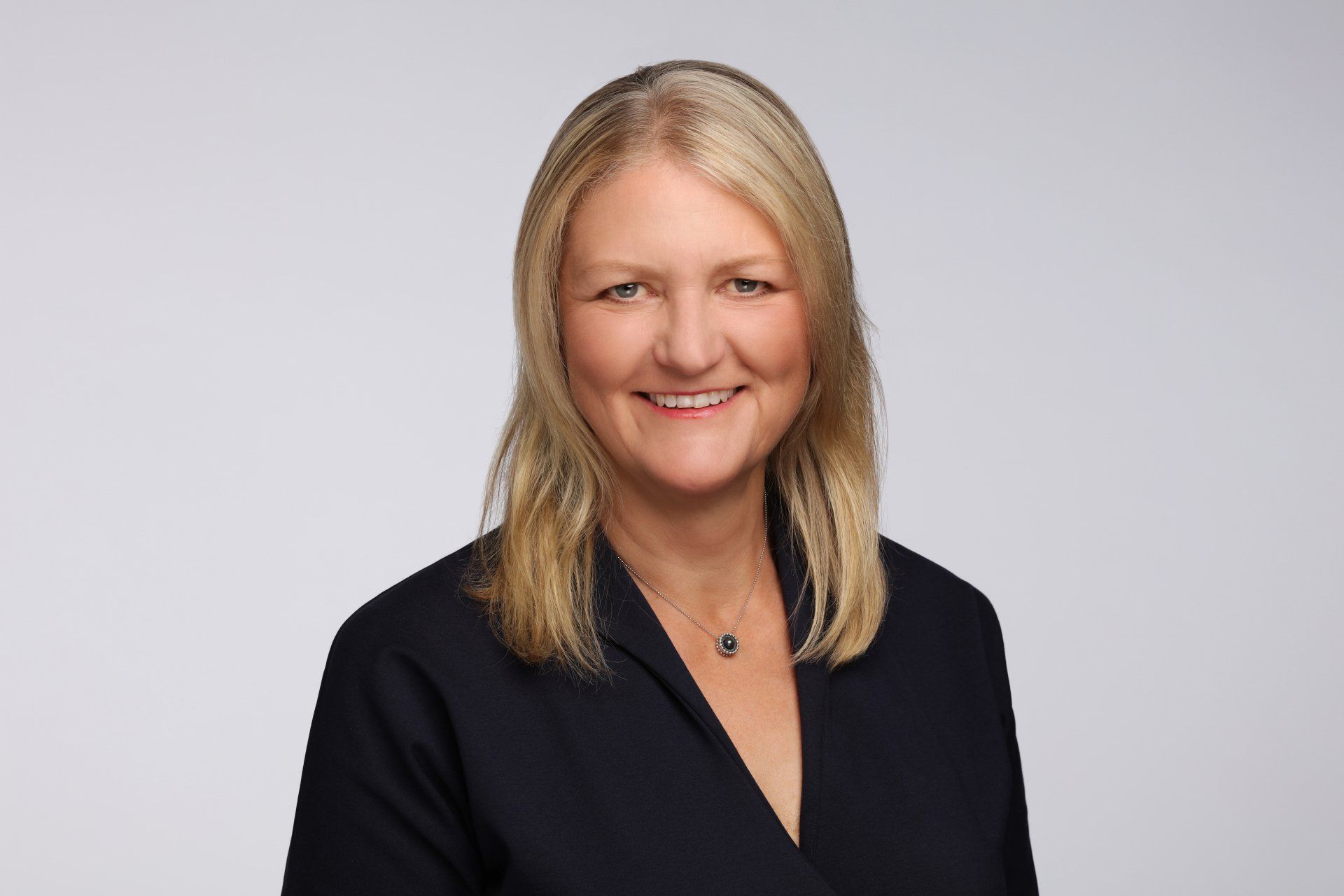Alison Gill is a behavioural psychologist, triple Olympian and the co-founder of Bvalco, a board evaluation consultancy focused on helping boards become fit for the future.
With society demanding action on unfair and inequitable working practices, the way the board thinks and acts is vital to making this happen.
Humans are psychologically hardwired to seek ‘sameness’. Embracing differences is not a natural instinct, which is not an excuse. It’s an observation that just as we as individuals need to constantly check and observe our thoughts and actions, to ensure we’re not acting in discriminatory ways, organisations also need to constantly check themselves.
If a company believes itself to be diverse, equitable or fair, but the data for its promotion decisions or pay gaps says otherwise, then the board needs to reflect on this and challenge the executive to do things differently.
It also needs to consider the extent to which it may have become ‘wilfully blind’ by ignoring data that highlights problems, in favour of seeking reassurance that all is well.
Why now is the time to take action
The coronavirus pandemic has made everyone feel highly anxious about the future and given people lots of time to reflect on the injustices in society, creating a huge surge of emotional energy that has to go somewhere.
It’s no surprise that the very public display of institutional racism that resulted from the death of George Floyd, led to global demonstrations and the toppling of statues of people associated with slavery, which people had been calling to be replaced for years.
Plus it’s only a matter of time before the re-emergence of the all male boards in the last month, which had previously gone out of existence, and extent to which women are being discriminated during the current crisis, creates another flashpoint. With a report from the Institute for Fiscal Studies showing working mothers are 47% more likely to have permanently lost their job or quit during the current crisis, with the response to the crisis at risk of entrenching deep class, ethnic, educational and gender divides.
Only when justifying discrimination no longer becomes an option, and real progress is sought, does the door become open to thinking up creative ways to address the problem. In much the same way that orchestras introduced ‘blind auditions’ to eliminate bias , during the last century, so they could start recruiting the best musicians regardless of gender or race.
Create an inclusive environment
A point of inflection around diversity has now been created and the challenge for businesses and boards is not just whether or not to respond, but how best to respond.
If you’re going to respond to the rallying cry to do more to ensure Black Lives Matter (BLM), not to mention diversity targets on all the other areas where people feel discriminated against, be this their gender, religion, age or mental health. Do something meaningful.
If you respond in a superficial way, this will only antagonise people more, so the first step to achieving diversity is to create an inclusive culture, in which all humans are treated with respect and parity. Especially when it comes to the current sweeping rounds of redundancies which are potentially at risk of undermining years of progress on diversity.
Critical to creating an inclusive culture is generating the feedback and data needed to capture a proper picture of the organisation as it is. Just as leaders were very good at consulting with people as we entered into lockdown, now they must be equally good at asking people how they want the business to ‘build back better’ to uncover the concerns and fears that people have and their thoughts on what could be done differently or better.
Address ‘wilful blindness’
According to social psychologists, we have two basic social needs: the need to feel good and the need to be accurate in our perception of the world. Oftentimes, the need to feel good trumps the need to be accurate, because it’s more immediately gratifying to us. We mostly admit the information that makes us feel great about ourselves, while conveniently filtering whatever unsettles our fragile egos and most vital beliefs.
The resulting ‘wilful blindness’ means that when it comes to issues like racial discrimination, rather than look at the data on the prevalence of the number of white males being promoted, as opposed to other minorities, or listen to feedback from people who feel they’ve been unfairly discriminated against, there will be a temptation for directors to find other people who share their views and collect feedback that reinforces inaccurate beliefs. Such as the belief that there really aren’t any female or BAME employees in an organisation, employing over 9,000 people, capable of being promoted into a director role.
This is a psychological protection mechanism that humans have evolved to do, but it still needs to be challenged and it is the job of the board to challenge it. Not by allowing directors to reinforce their own, potentially biased, views, but by asking simple questions like ‘What could I know, or should I know, that I don’t know? Just what am I missing here?’
Although this might lead for some uncomfortable conversations in the first instance. If you have data saying diversity is a problem, there are almost certainly things you could be doing to remove bias from the way managers judge performance to the way talent is managed through the organisation.
If you need support to do this, an external board review can help you to assess the extent to which the board is successfully using data and asking the right questions to challenge thinking. As well as going about creating the right conditions to facilitate creative thinking on how to do things differently and better when it comes to diversity and ‘building back better’.
Share this article on LinkedIn!




